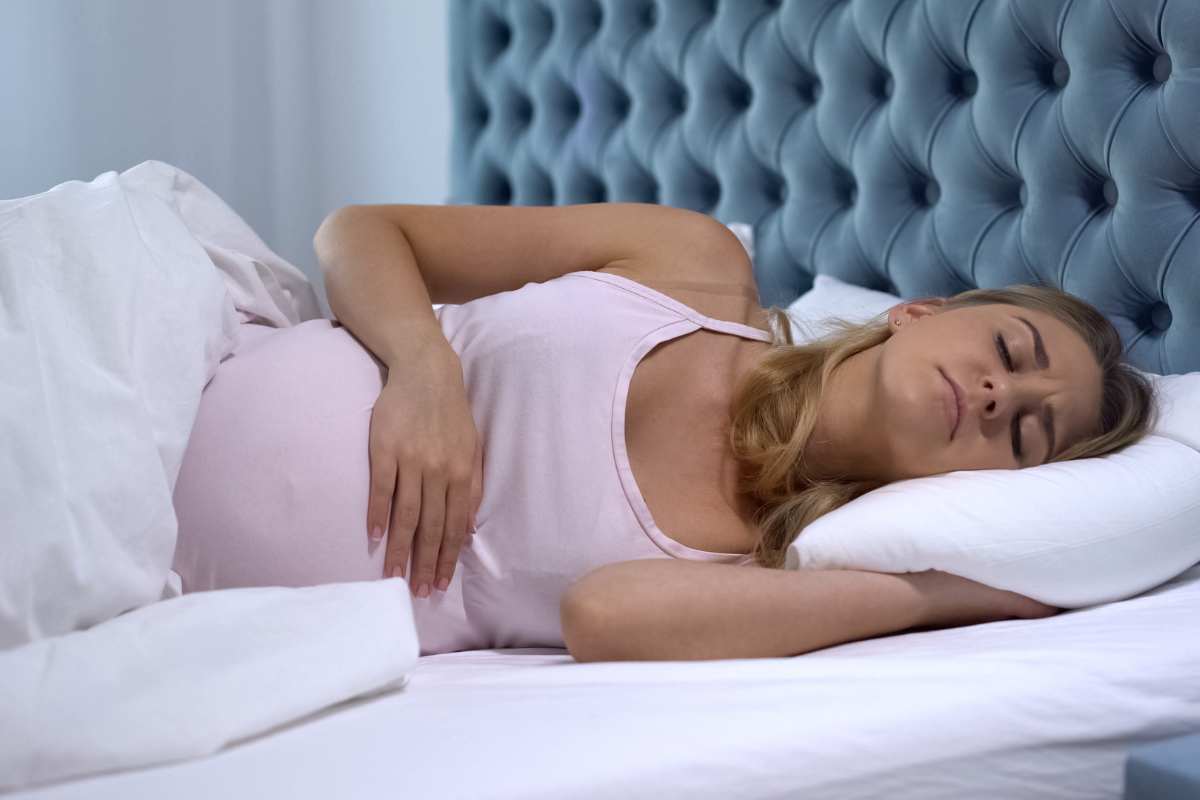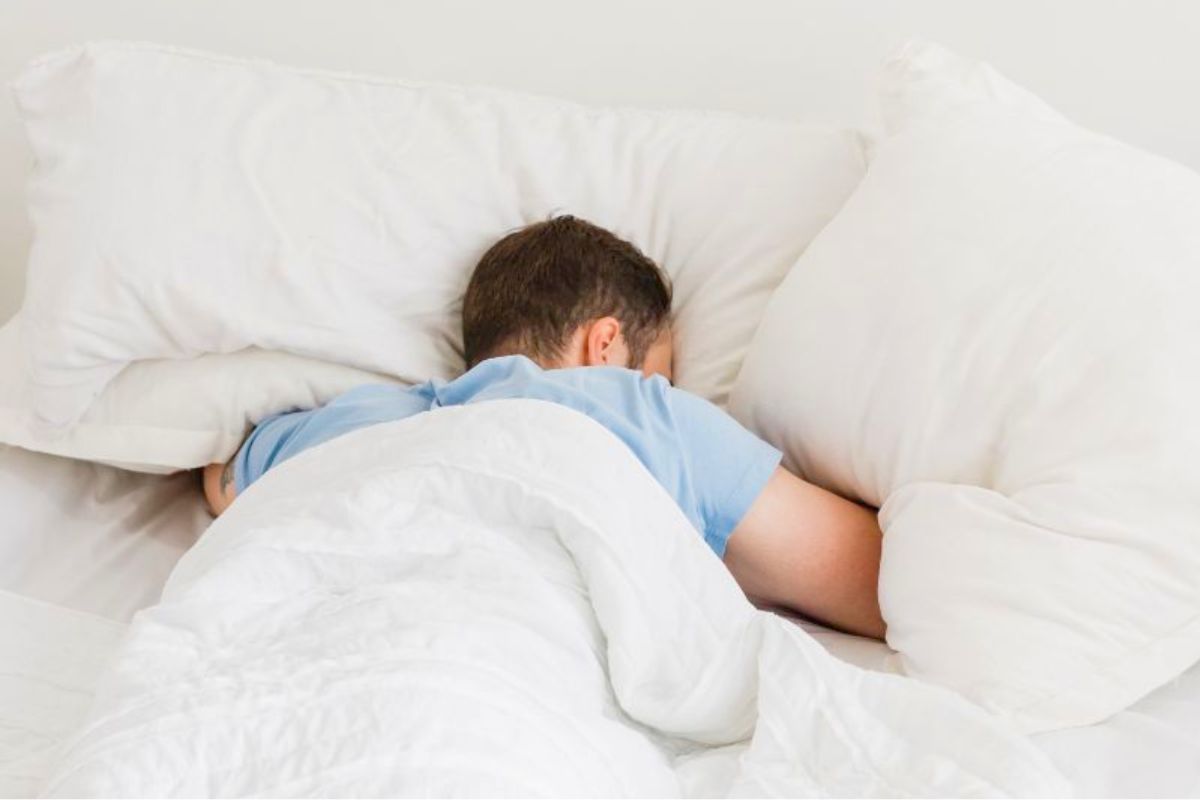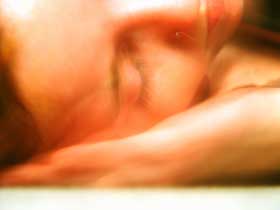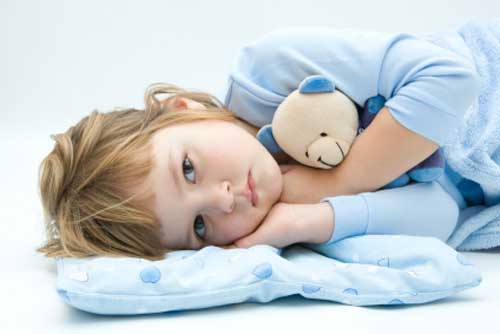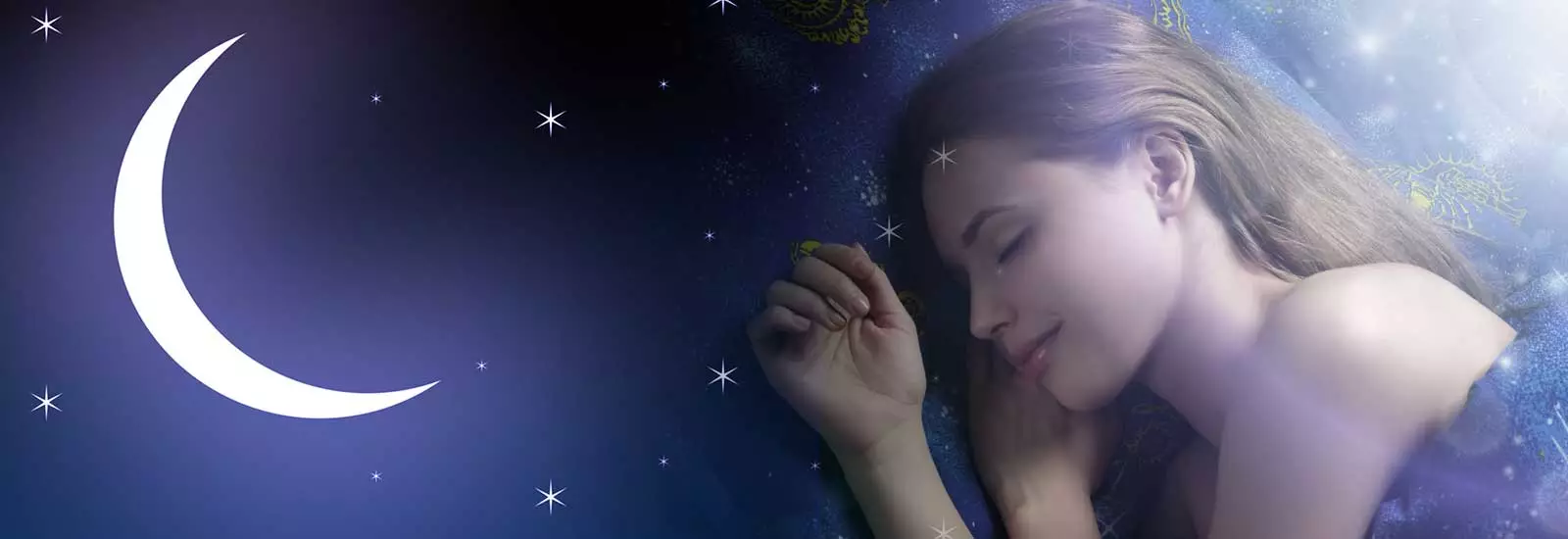Rebound insomnia occurs as a result of medication or alcohol cessation.
This is one of the reasons that natural sleep aids are recommended for sleep disorders.
You might not think that a treatment for sleep problems would have trouble sleeping as a side effect. But, this is what happens.
The medications are sedatives, as is alcohol. The body builds up a tolerance to the sedatives, meaning that more is needed to achieve the desired results. That is one of the reasons that accidental overdoses occur.
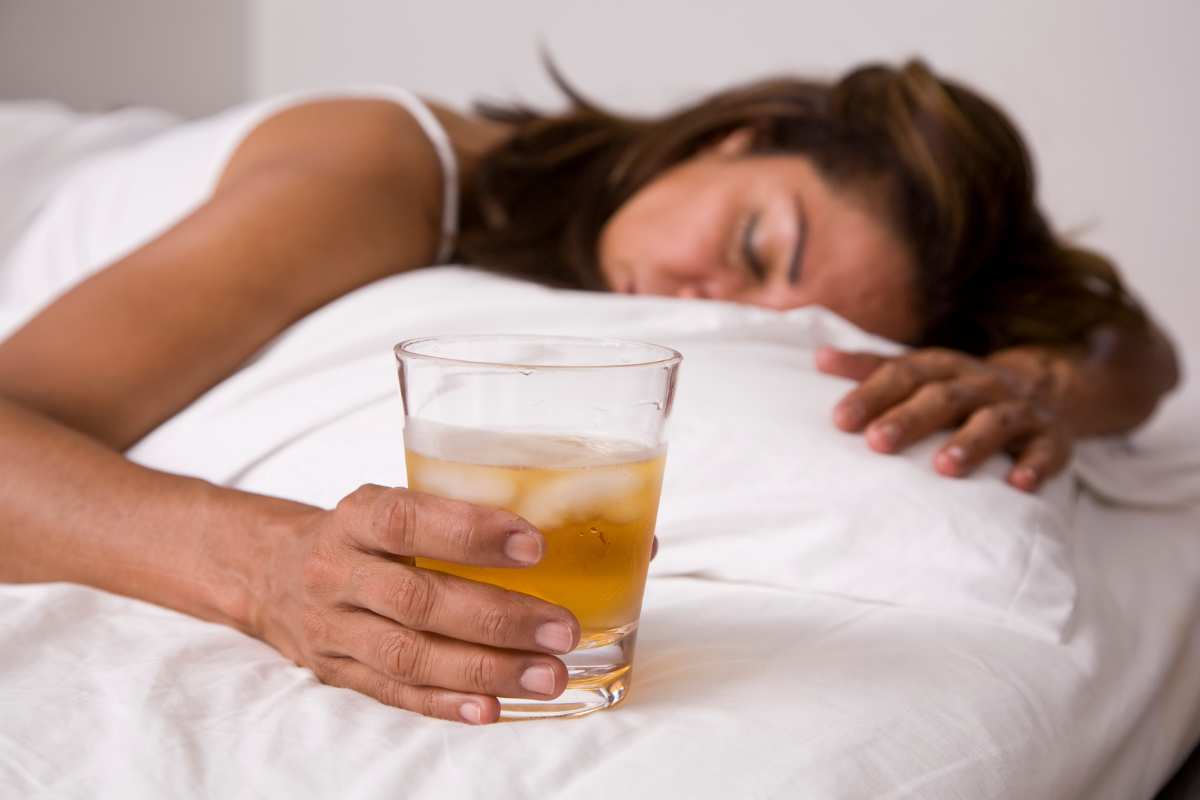
Another reason overdose occurs
Another reason overdose occurs is because people forget that they have taken a sleeping pill. So they take another. Later on in the night, they may awaken partially and take another.
Most of today’s popular sleep aids are relatively mild sedatives. It can take a lot of them to cause an overdose. But, people still become dependent on them. When you become dependent on a drug, it means that you cannot function normally without it. Basically, you are addicted.
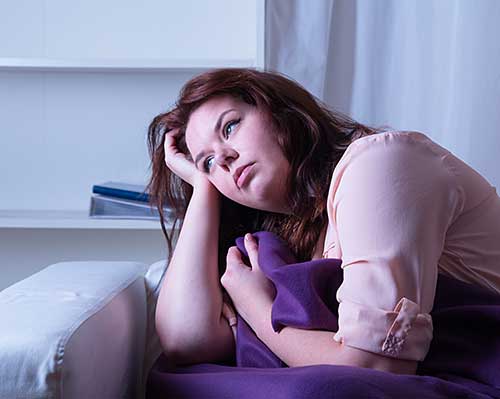
Sedative prescription sleep aids were never meant to be taken on a regular basis. Yet, they are sometimes prescribed for long term treatment. They should only be prescribed in the event of a sudden problem with sleeping caused by the loss of a loved one, a short-term painful condition or other significant life event. Some practitioners believe they should
not be prescribed at all.
For a person that does not have a drinking problem, a shot of alcohol will do the same thing for temporary sleep issues. The problem is that alcohol is accompanied by the same side effects as the prescription and non-prescription drugs and can result in alcohol insomnia.
Natural sleep aids like melatonin can be helpful in rebound insomnia.
While the safety of long-term use has never been fully evaluated, there are reports of people who have used it for years without problem. Melatonin does not cause daytime fatigue or grogginess.
A complete natural treatment plan might include the use of melatonin, as well as advice about “how” you sleep. Your bedroom should be quiet and no TV should be present. The room should be dark except for a small night light.
Your digital clock should be covered or turned away from you. People suffering from rebound insomnia have a tendency to stare at the clock, which only causes more anxiety.
Remember that it normally takes 20-30 minutes to fall asleep. If you have been in bed for a while and still do not feel sleepy, get up and do something outside of the room.
Do not get on the computer. One of the reasons that we have so many insomniacs is because we have so much artificial light. Read a boring book instead.
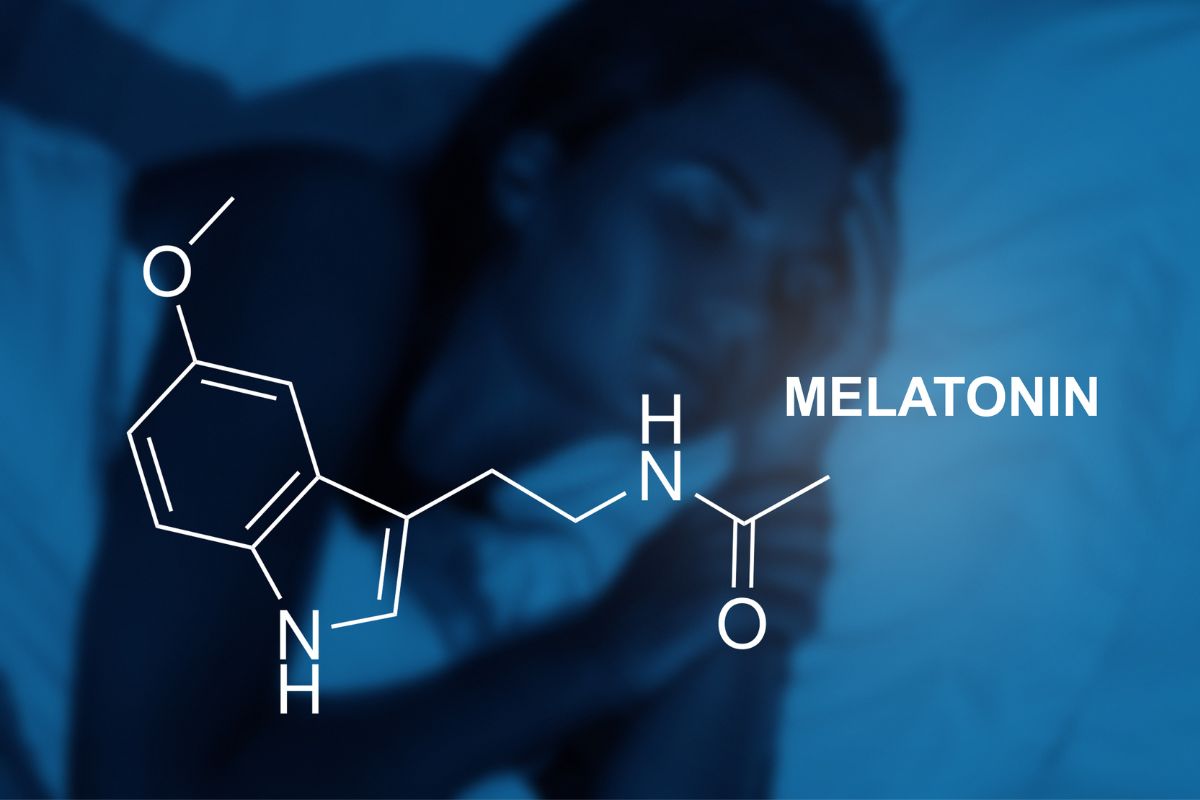
Melatonin and rebound insomnia
In rebound insomnia and other types, the body is not producing enough melatonin and/or serotonin to make you sleepy.
Melatonin is produced in response to changes in light. As the sun starts to set, melatonin starts to pump through the bloodstream. As it starts to rise, production stops.
There are many kinds of sleep disorders. If you have not been evaluated in a sleep study, it might be worth your while to invest in one, particularly if your problems are long-standing.
There are plenty of treatments not accompanied by rebound insomnia. Ask a healthcare professional about them.


